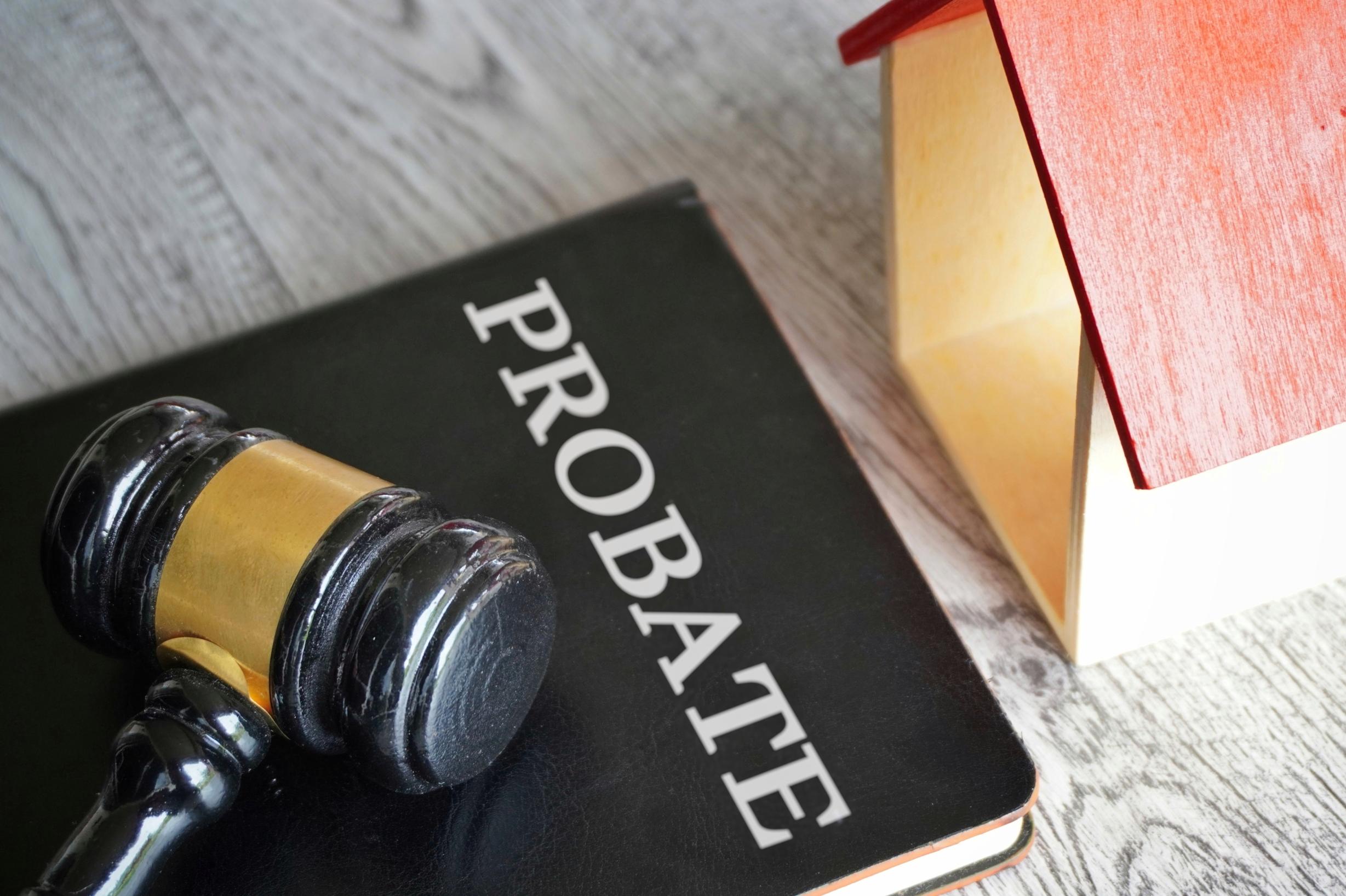Mississippi law addresses two methods to determine the validity of wills. A “holographic” will is written entirely in the willmaker’s handwriting and signed at the bottom, with authenticity of the handwriting subject to verification by handwriting experts or others familiar with the willmaker’s handwriting. Any other will must be attested by at least two witnesses who are with and observe the willmaker at the time of execution. A recent Pennsylvania case addressed the issues used to determine validity of a will.
Dorothy Griggs passed away on February 1, 2022. She was survived by her husband Charles and six children. Four of Dorothy’s children filed a petition claiming that their mother died intestate and requested letters of administration. Charles filed an objection a week later, contending that Dorothy had a will and requesting that letters testamentary be issued to their son, Ronald Griggs, as he was appointed personal representative in her will. Ronald filed a similar petition.
The probate court held an evidentiary hearing on May 3, 2023. Both sides presented the testimony of a qualified handwriting expert. Three of Dorothy’s children testified regarding the state of Dorothy’s health prior to her death. Ronald testified that, as a former attorney, he drafted the will for his mother and saw her sign it. No witnesses verified Dorothy’s signature when the will was allegedly executed, and Ronald did not sign it as a subscribing witness.
The probate court found the testimony of the petitioners’ expert witness that Dorothy’s signature on the will was forged credible and found that Ronald was not a credible fact witness. The probate court ordered that petitioners be appointed the administrators of Dorothy’s estate. Ronald appealed on the grounds that the probate court erred by giving weight to the handwriting expert’s opinion when there was evidence that he witnessed Dorothy execute her will.
The supreme court outlined several principles for appellate courts to follow when determining the validity of a purportedly forged will, one of which is that “the opinion evidence of experts in cases of forgery is of little weight and cannot prevail against ‘positive evidence of actual facts by witnesses whom the Chancellor considers credible’” (emphasis added). Ronald was the only one who testified about his alleged drafting and Dorothy’s signing of the will, and there were no subscribing witnesses to the signing. The probate court did not find Ronald to be credible, and without credible testimony of a fact witness regarding the execution of Dorothy’s purported will, the probate court could give the expert witness testimony whatever weight it deemed appropriate. The appellate court affirmed the probate court’s ruling.
For the opinion, click here.
